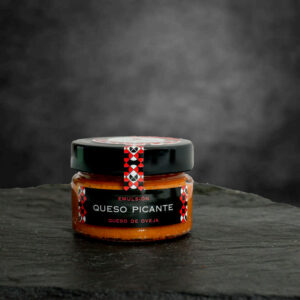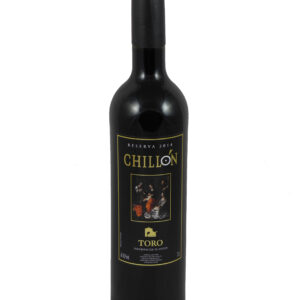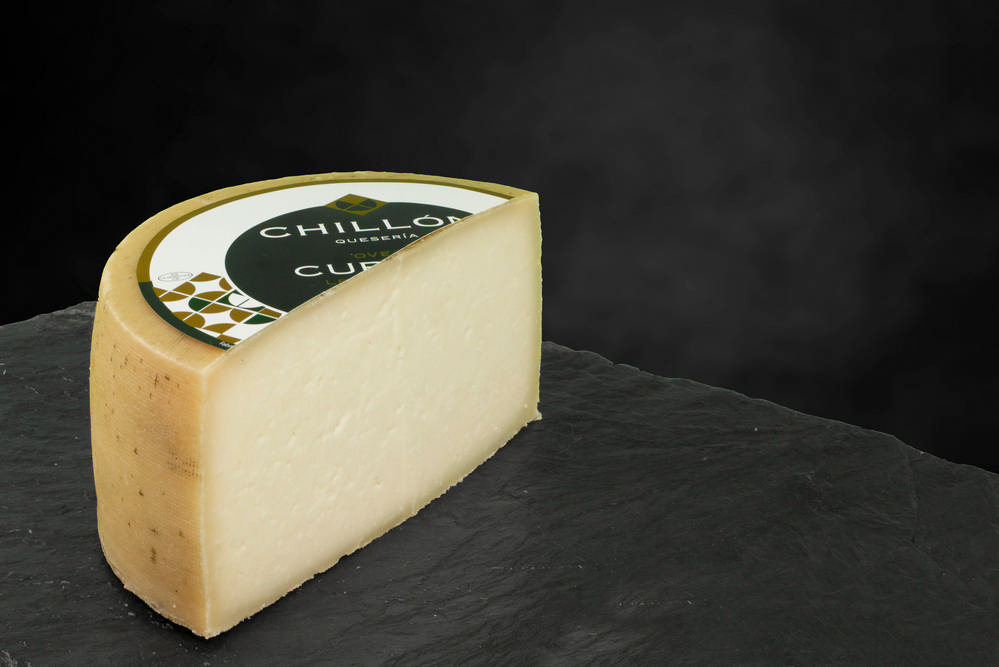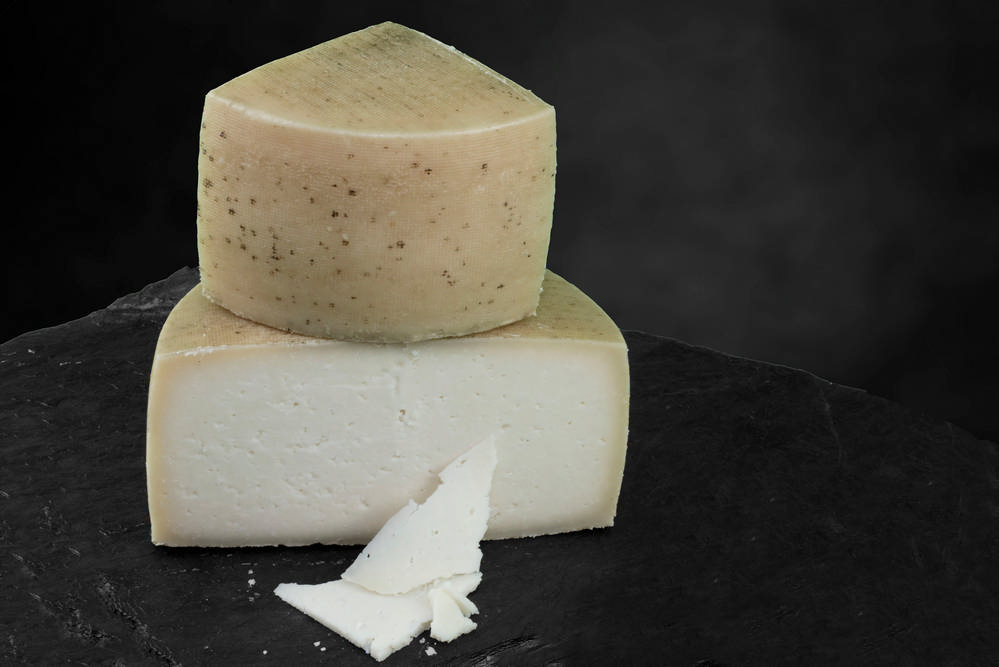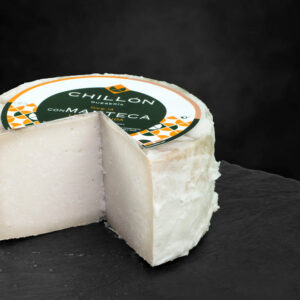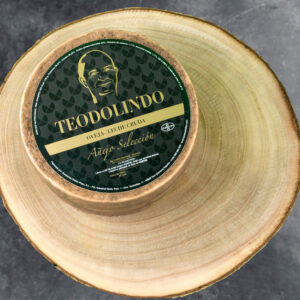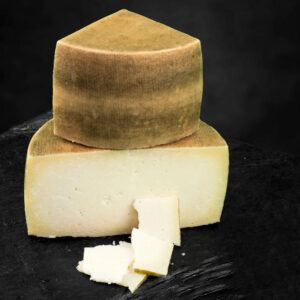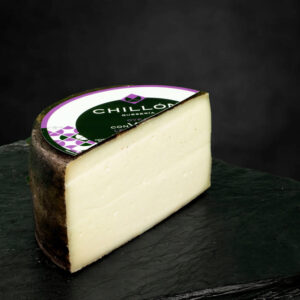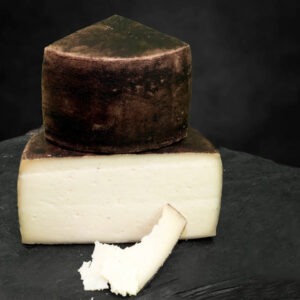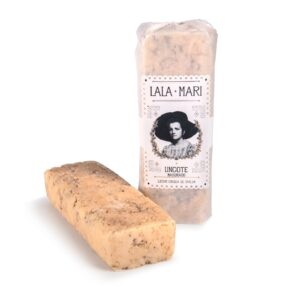Minimum cure 120 days. Soft but intense flavor, ivory-colored pasta, buttery cut and exterior coated in oil.
43,00€
Minimum cure 120 days. Mild but intense flavor, ivory pasta, buttery cut and exterior coated in oil ..
- Scratch or scrape the outside before consumption for hygienic reasons. Although all cheeses have edible natural rind generated by the dozens of coats of olive oil with which we pamper our cheeses.
- Temper the cheese before cutting and tasting it, this will make us able to perceive all the aromas and flavors.
- Serve cut into thin triangular portions that go from the outside to the heart of the cheese to perceive all the textures and flavors.
Keys
| Weight | Whole: 3100 gr. approx. // ¼: 775 gr. approx. |
|---|---|
| Size | 1/4 Cheese soaked, 2/4 Cheese soaked, Cheese split in 4/4 sous-vide, Whole piece |
| Container type | Cardboard box, vacuum bag for ¼ and ½. |
| Composition (Ingredients) | Raw sheep's milk, rennet, salt, lactic ferments. |
| Physicochemical characteristics | Ph 5.64 |
| Product shelf life | 36 months |
| Conservation | Keep refrigerated between 4 and 8 ° C |
| Nutritional information | Each 100g Energy Value: 1885 kJ / 450 kcal |
| Identification | Lot: product code that appears on each container, in the manufacturing record and on the sales invoices. |
| Consumer Type | General population. ➢ People allergic to milk, milk proteins and casein, should avoid their consumption. ➢ There are also cases of individuals with an enzyme deficiency (inability to produce lactase) that implies the impossibility of splitting lactose into its two constituent monosaccharides. Lactose is found in small amounts in matured cheeses, since it constitutes the substrate used by lactic acid microorganisms that use it to produce L-lactic acid, but even so, affected people must avoid its consumption. ➢ Those who have alterations in lipid metabolism (such as high cholesterol) and diabetics should limit or moderate their consumption. |

